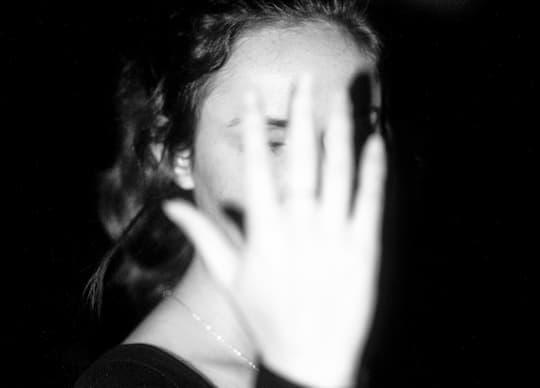This long COVID symptom is in addition to difficulties with smell, taste, memory and speech.
COVID-19 can cause difficulties recognising people’s faces as well as with navigation, a study finds.
This can be added to the other commonly experienced neurological symptoms of so-called ‘long COVID’, the main three being brain fog, headaches and numbness.
Some people also continue to suffer difficulties with smell, taste, memory, speech and even psychosis after suffering from COVID.
Long COVID is when the symptoms from the novel coronavirus infection last longer than six weeks.
Face blind
Researchers worked with a woman called Annie who suffered from long COVID and was having problems with navigation and face recognition.
She was unable to recognise members of her only family by their faces alone and was having problems navigating to places that were extremely familiar to her.
Professor Brad Duchaine, study co-author, said:
“The combination of prosopagnosia [face blindness] and navigational deficits that Annie had is something that caught our attention because the two deficits often go hand in hand after somebody either has had brain damage or developmental deficits.
That co-occurrence is probably due to the two abilities depending on neighboring brain regions in the temporal lobe.”
A series of tests on Annie found she had great difficulty both with recognising well-known faces and in discriminating between learned faces and new ones.
Ms Marie-Luise Kieseler, the study’s first author, said:
“Our results from the test with unfamiliar faces show that it wasn’t just that Annie couldn’t recall the name or biographical information of a famous person that she was familiar with, but she really has trouble learning new identities.”
However, she had no difficulties with other related abilities, such as recognising voices.
Professor Duchaine said:
“It’s been known that there are broad cognitive problems that can be caused by COVID-19, but here we’re seeing severe and highly selective problems in Annie, and that suggests there might be a lot of other people who have quite severe and selective deficits following COVID.”
Cognitive deficits after COVID
To explore if these deficits might be widespread, the researchers surveyed over 50 people who had had long COVID and compared them with those who had had COVID but had fully recovered.
Ms Kieseler explained the results:
“Most respondents with long COVID reported that their cognitive and perceptual abilities had decreased since they had COVID, which was not surprising, but what was really fascinating was how many respondents reported deficits.
It was not just a small concentration of really impaired cases but a broad majority of people in the long COVID group reported noticeable difficulties doing things that they were able to do before contracting COVID-19 without any problems.”
Professor Duchaine said:
“One of the challenges that many respondents reported was a difficulty with visualizing family and friends, which is something that we often hear from prosopagnosics.”
Related
- Long COVID starves the brain of oxygen and triggers ‘brain fog’.
- Face blindness affects around 2% percent of people.
The study was published in the journal Cortex (Kieseler & Duchaine, 2023).

